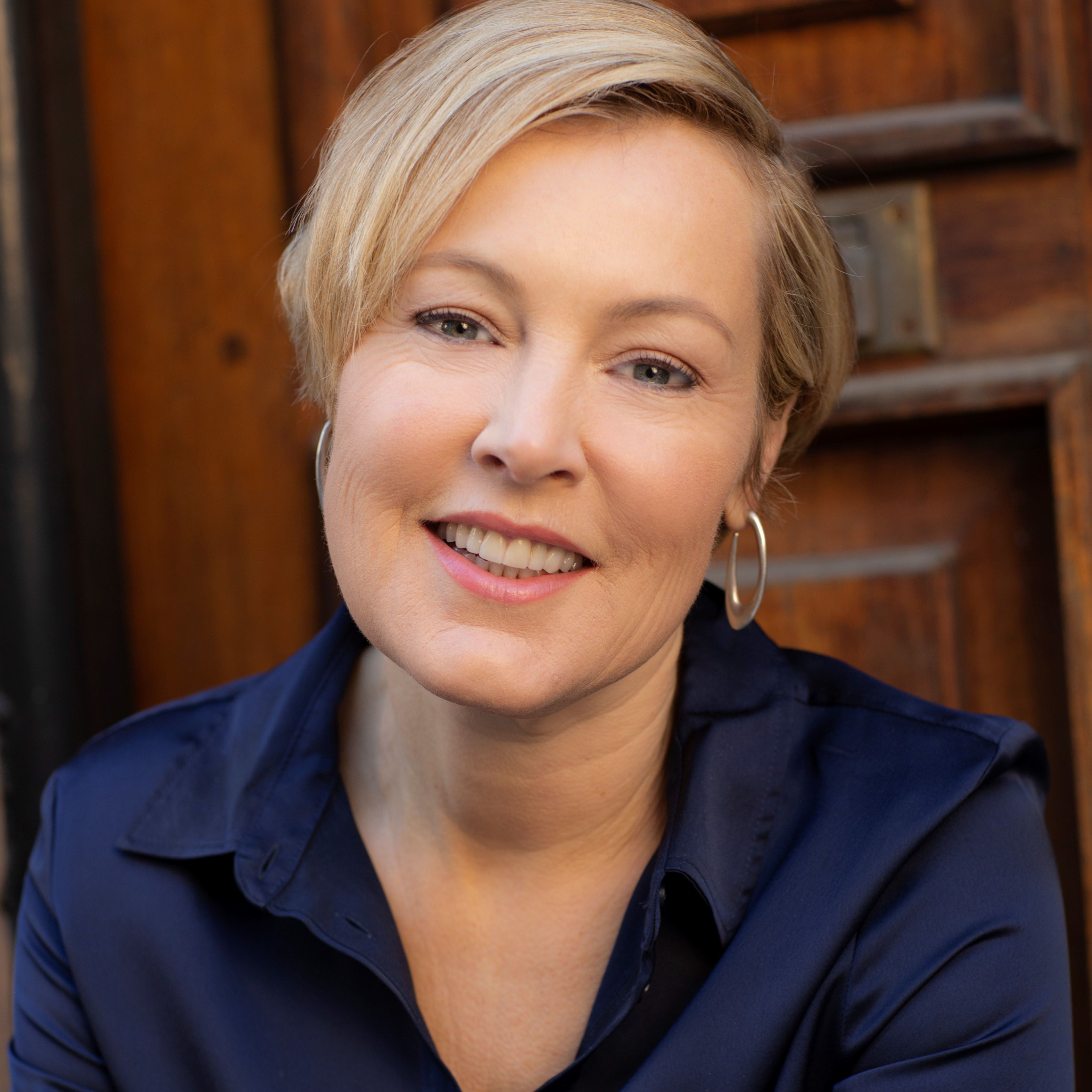Gillian Tett, 1986
"everyone fakes it at least part of the time"

Gillian Tett read Social Anthropology at Clare. She is now chair of the editorial board and editor-at-large at the Financial Times.
Who was your greatest Clare influence and why?
Malcolm Ruel was the anthropologist at Clare who sparked my passion for the subject as an undergraduate and made me eager to develop my interest in it. He was a modest, quiet man who asked piercing questions and was passionately curious, and loved adventure. I did not follow him to Africa, where he had done most of his research, but instead headed off to Tajikistan for a PhD. But he was an inspiration.
Gillian's Story
I arrived at Clare feeling very shy and unsure of my place in the world. I also felt intimidated by the beauty I saw around me, the astonishing music that trickled out of the chapel each day, and the fact that Cambridge presented a wonderful kaleidoscope of opportunities, ideas and people - many of which seemed far more confident than me at the time. But the wonder of Clare was that it presented a small jewel of a community that accepted people as they were. Some people were "boaties", brilliant musicians and thespians. But if you disliked rowing (as I did), wanted to wear tie-die and save the world (ditto; it was the 1980's), and hide behind the stage of a theatre and do set design (which I loved), then that was fine. Then, I decided to do a PhD in anthropology, after my BA there, and chose to go off to Tajikistan for my fieldwork. It was a very different path from the one being followed by most of my cohort, who often dreamt of heading to the City and other professions at the time). Somehow the fact we were all crammed together in small spaces in Memorial Court and Old Court encouraged us all to rub along, and collide with each other - and the unexpected.
Today, it seems hard to believe that I initially felt so nervous there: after doing my PhD I then wriggled my way into journalism, and ironically found myself in roles where I constantly need to talk in public, and project myself with confidence. I can now do this, after years of practice. But if I had one lesson that I wish I could impart to my younger self, it is this: there is no point in worrying about whether you are "faking it"; or feel less adequate than others; everyone fakes it at least part of the time. But if you act confident and bold, you might eventually convince yourself that you ARE confident. Women in particular need to learn this as soon as they can.
And there is a second lesson that I would like to give my younger self too: not everybody knows who they want to be at 18 or 21, so do not panic if that applies to you. Some of my cohort did. But I took a long time to work out a career path, and to have enough confidence to chase my dream of being a journalist (I had been too scared to even join the student newspaper when I arrived in Cambridge at age 18.) Being a late developer, like me, is fine! So I treasure my memories of Clare as a "safe" place where I was free to explore ideas, and hope that many more generations can do the same. While, of course, listening to the sound of that stunning choir wafting over Old Court.
